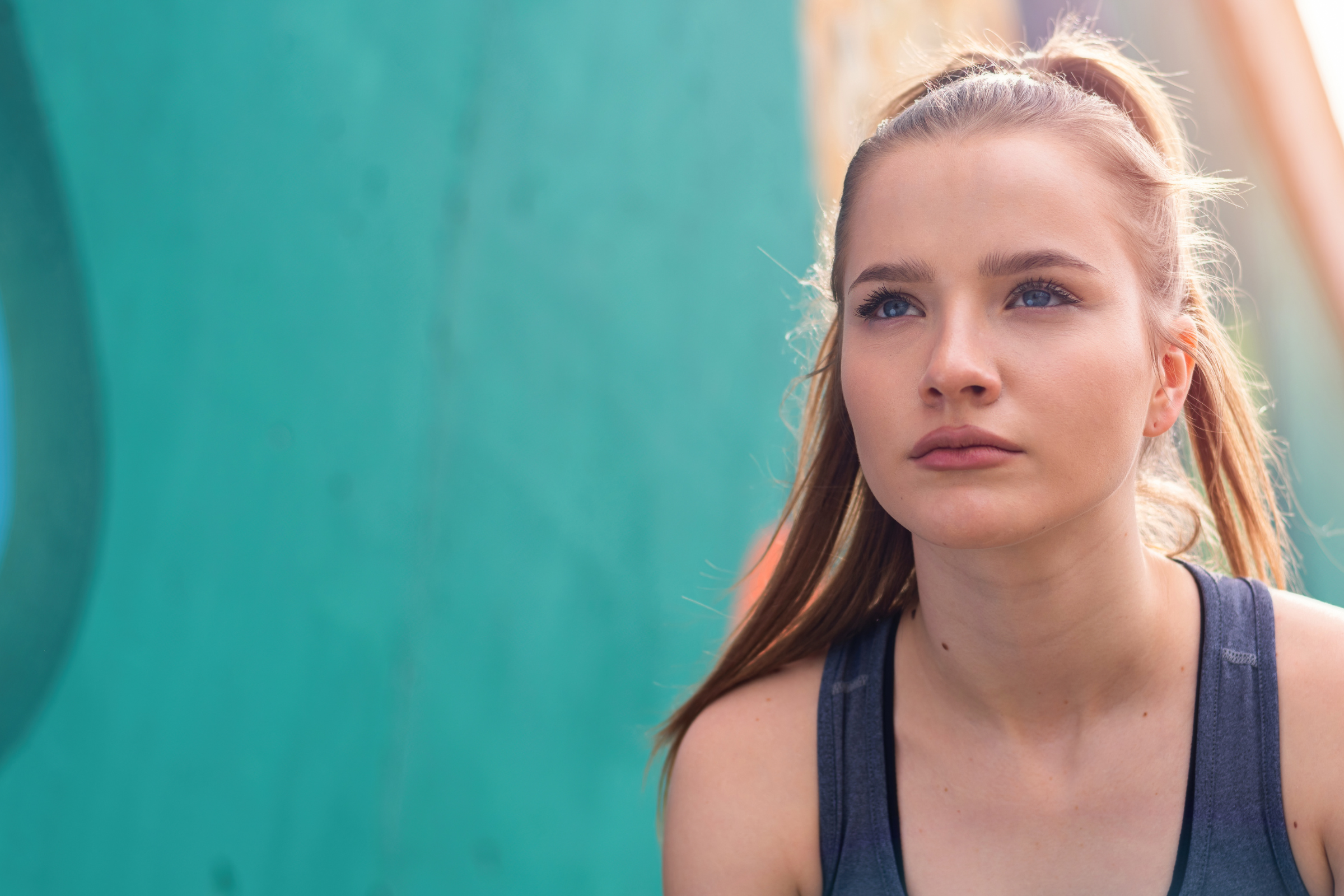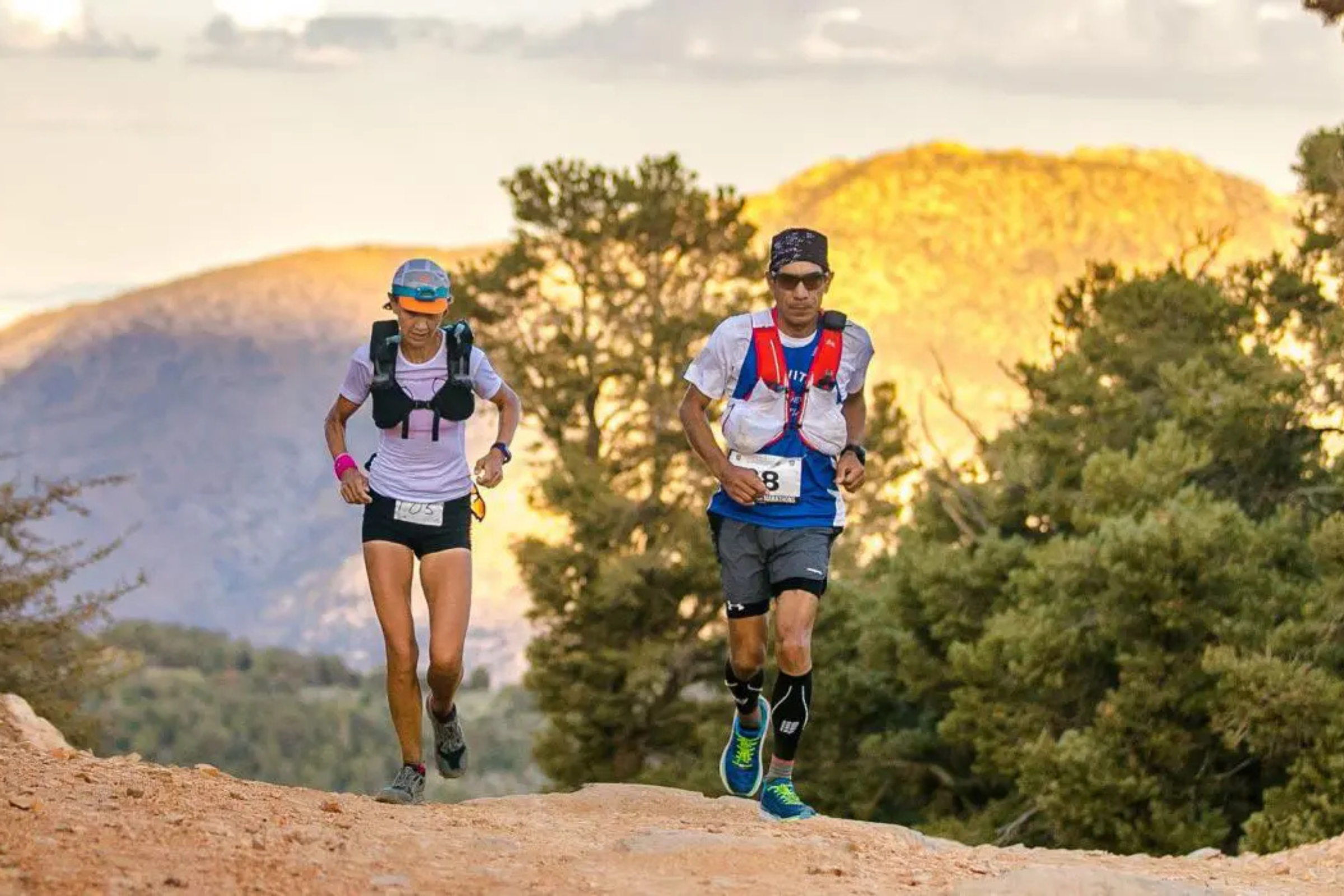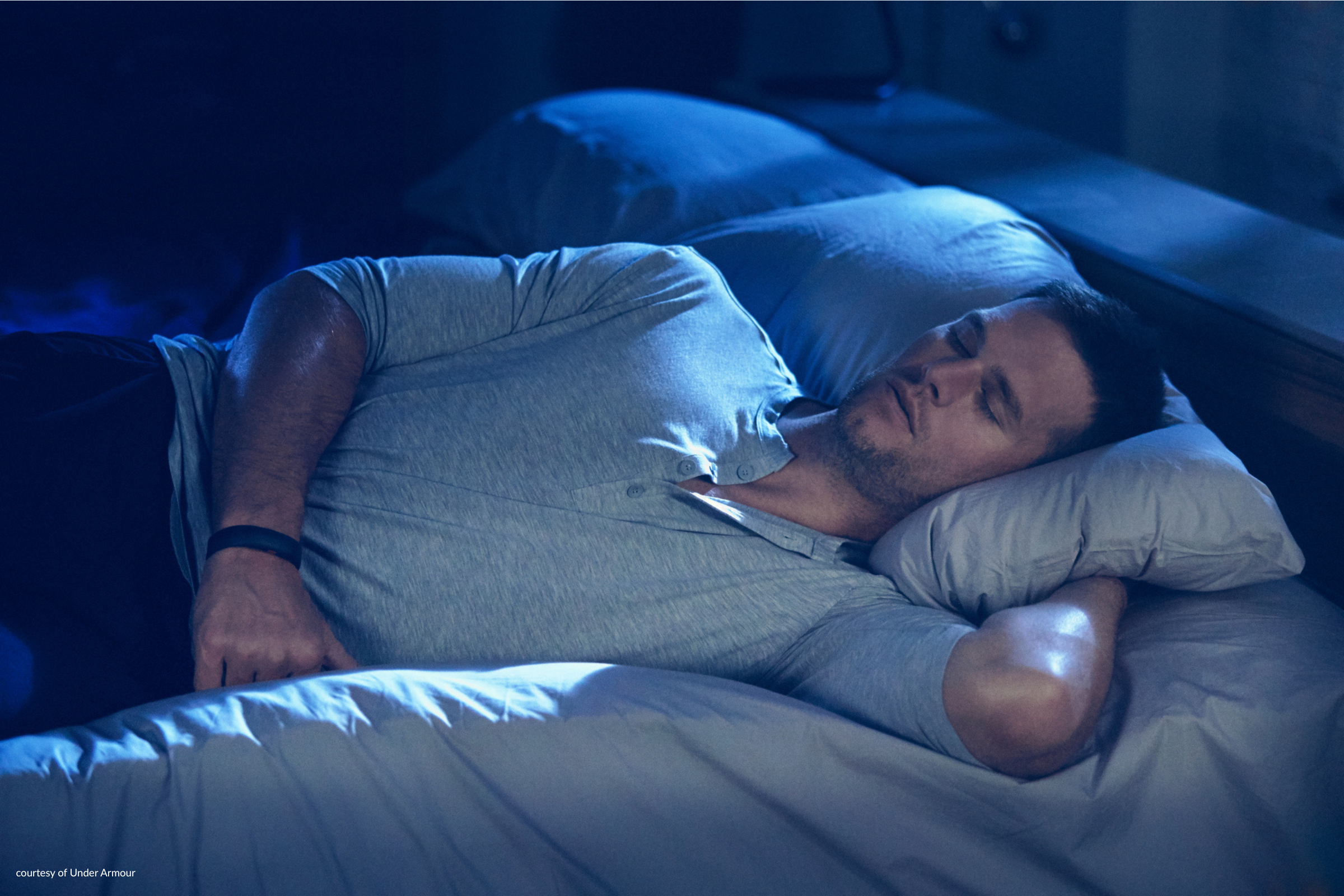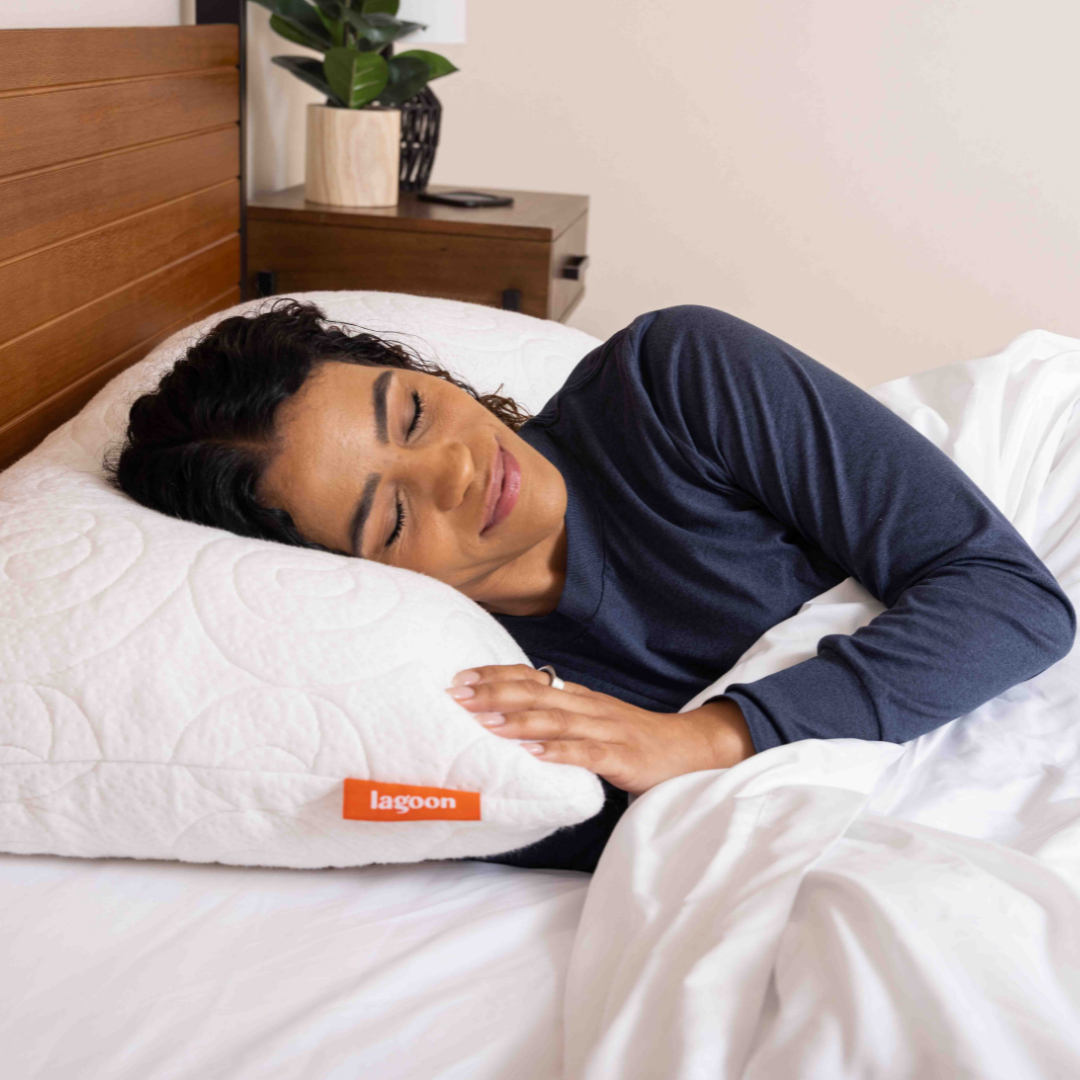Hey packlings 👋
From the surprising shifts in sleep habits across America to the impact creatine can have on sleep deprivation - we’ve got the scoop. Let’s unpack the top stories this week in the world of sleep and fitness!
⏱️ America's New Sleeping Record
Good news - Americans are now clocking more sleep than they have in the past two decades, an uptick most notably catalyzed by the pandemic's lifestyle changes. According to data from the American Time Use Survey, adults in the US have added an average of 10 minutes of sleep to their daily routines. This trend is particularly pronounced among 25 to 34-year-olds and those without the nighttime interruptions that kids can bring. While the increase is a step in the right direction, experts caution that sleep quality still remains crucial. So, while it's great to celebrate these extra minutes, let’s also focus on making each minute count towards restorative, deep sleep.
💪 Creatine: A Cognitive Lifeline for the Sleep Starved?
Exciting new research reveals that a high dose of creatine can significantly enhance cognitive functions like processing capacity and short-term memory for those short on sleep. This could be useful in instances where individuals need to break their typical sleep routine. The study involved participants who stayed awake overnight and observed improvements that lasted up to nine hours post-supplementation. However, the lead researcher, Dr. Ali Gordjinejad, advises caution, highlighting potential kidney strain from regular high doses. So while creatine can offer a temporary mental boost, nothing replaces the profound benefits of a full night’s rest.
✈️ Sleep Tourism: The New Frontier of Travel
Have you ever dreamed of a vacation that promises more than just sightseeing, but a chance to get your best sleep? Welcome to the era of sleep tourism, a trend that's catching waves across the country. Amidst the stress of modern life, more travelers are choosing their destinations based on the promise of a good night’s sleep, with options ranging from high-end hotels designed to maximize rest, to travel apps aimed at beating jet lag. For example, Equinox Hotels now offers a dedicated sleep program complete with melatonin-infused patches and foods designed to enhance sleep quality. Another innovation in the sector is the Timeshifter app, which uses circadian science to help travelers adjust to new time zones and minimize jet lag. These developments highlight how travel is evolving to meet the growing demand for wellness-focused accommodations and a prioritization of optimal sleep.
🌿 Ashwagandha: Not a Miracle, But Might Help
The ancient herb ashwagandha is in the spotlight recently for its stress-relieving and sleep-enhancing benefits. Health editor Mellanie Perez’s month-long trial offers a nuanced view into its impact. Perez hoped the supplement would improve her sleep and recovery from workouts. In her experience, she noticed only minor changes - her middle-of-the-night awakenings persisted and workout recovery didn't noticeably improve. This experience underscores that while some studies praise ashwagandha, its effectiveness can vary, and benefits might take time to manifest. If you’re intrigued, consider giving it a try, but temper your expectations—natural remedies like this often require patience and a long-term commitment.
⛹️♂️ The Power of Fitness In Children’s Mental Health
Recent research has solidified the critical role of physical fitness in supporting children's mental health. A new comprehensive study showcased compelling data: higher levels of physical activity are strongly linked to reduced risks of depression, anxiety, and ADHD among kids. For example, the study found that improving a girl's time by 30 seconds on an 800-meter run correlated with a significantly lower risk of anxiety and depression. Likewise, each additional sit-up performed per minute by boys was associated with a reduced risk of ADHD and anxiety. These findings highlight the profound impact that cardiovascular and muscular fitness can have on our youth's psychological well-being. In an era where screen time often overshadows active play, promoting physical activity could be a key strategy in preventing mental health issues in children.
Whether it's tweaking our sleep habits, exploring new wellness trends, or ensuring our children stay active - we’re on a journey to improve our routine sleep and fitness. Remember to follow @lagoonsleep on Instagram for your daily dose of sleep & fitness news and entertainment.







